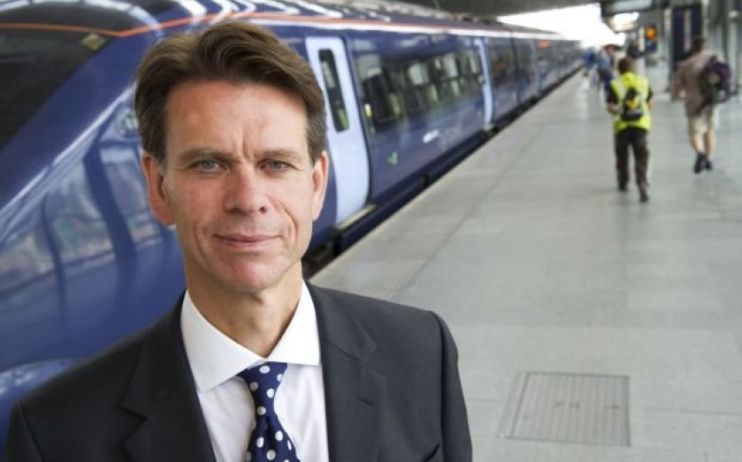Government must get people back on public transport to drive green recovery, says Go-Ahead boss

Encouraging people to get back on public transport when the current Covid restrictions are lifted is vital to the government’s net zero plans, Go-Ahead chief executive David Brown has said.
Speaking to City A.M., he said that the future of the country’s public transport providers was bound up with “where the government wants to go in terms of green recovery”.
“If the government wants a green recovery from the pandemic and to hit its net zero targets, it needs to put more emphasis on public transport”, he said.
“We want some of that high level messaging to encourage active travel, to tell people to take a bus or train, and to only use a car if they have to.”
Although public transport passenger numbers remain at very low levels due to the pandemic, private car usage has surged back as a result of health concerns and travel restrictions.
Brown added that the firm was awaiting the government’s national bus strategy, which he hopes will set out a roadmap for weaning the country’s bus networks off fossil fuels.
Brown was speaking after the company, which runs the Southeastern and Govia Thameslink Railway as well as bus services across the UK, posted its first half results this morning, in which it raised its guidance for the second half of the year.
Shares in the firm are up 4.2 per cent on the back of the announcement.
He said that the firm was expecting a boost in passenger numbers as restrictions are relaxed, with pent-up demand for travel to benefit Go-Ahead.
Pointing to a surge in bookings of so-called “staycations” for the coming summer, Brown said that local travel within the UK looked set to rise.
In addition, he told City A.M. that passenger numbers of Go-Ahead’s bus services had risen 10 per cent since pupils went back to school on Monday.
Dividend defended despite bailout
In this morning’s results, Go-Ahead also said that it would continue to “work towards” paying a dividend at an “appropriate level” in 2021.
The admission met with anger from union RMT, who said that making such a payout while the government was propping up the sector was “unacceptable”.
Before the Open: Get the jump on the markets with our early morning newsletter
As a result of the plunge in passenger numbers, ministers have taken the running of rail services into their own hands, and have also shelled out hundreds of millions in support for bus companies.
Brown said that there were a “number of factors” which needed to be considered before any dividend was paid to shareholders.
“We need to have visibility about the financial recovery, we need to understand where we are on customer numbers, and we need to understand where we are on government funding before any dividend is paid out.”, he said.
While rail franchises remain under government control, any dividends must be approved by transport secretary Grant Shapps.
As a result of the pandemic, ministers are in the process of speeding up plans to reform the existing rail franchise system.
The long-awaited Williams revenue into the rail system, which is due for publication, is likely to suggest a move to a concession system, where operators are paid a fee by government to run services.
Brown said that it was vital for any new system to carve out a clear role for the private sector in running services.
“We’re closer to the passenger, we understand their needs and can react quicker, and it’s by using us that government will get the economics of the rail industry back in kilter.”